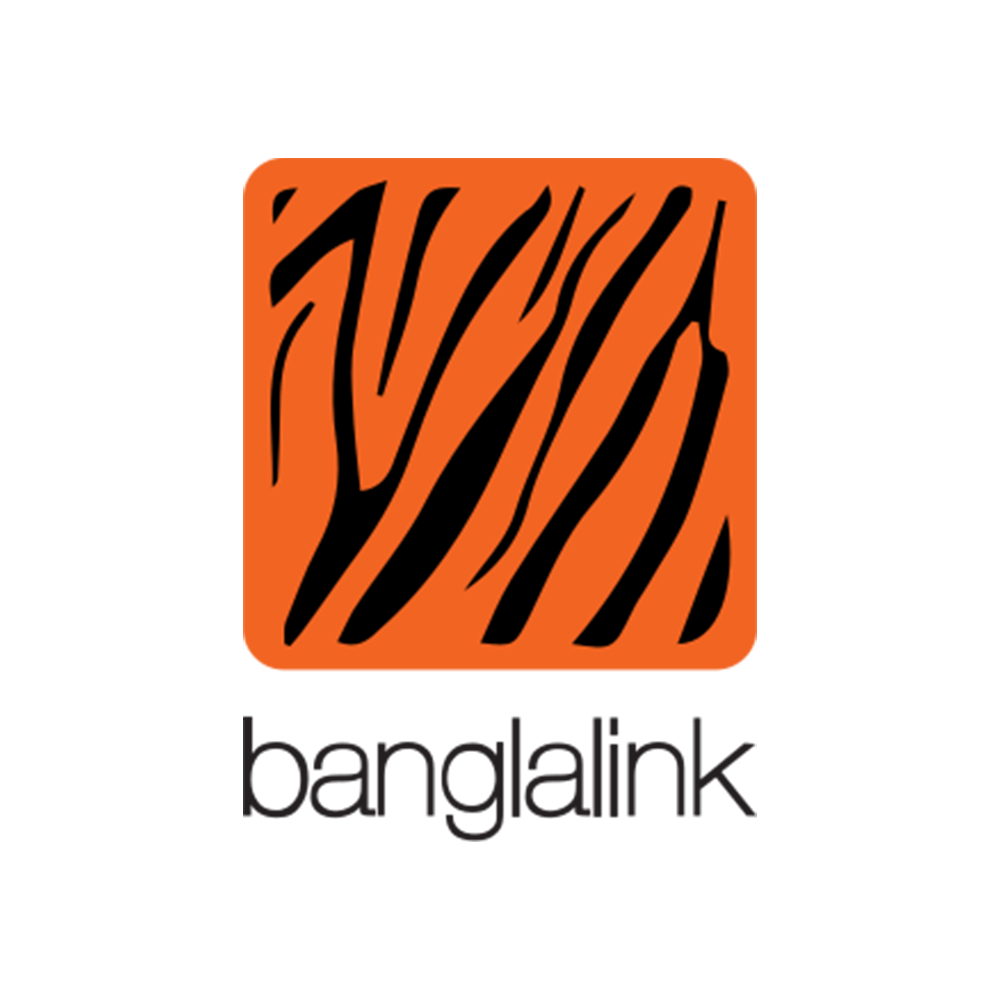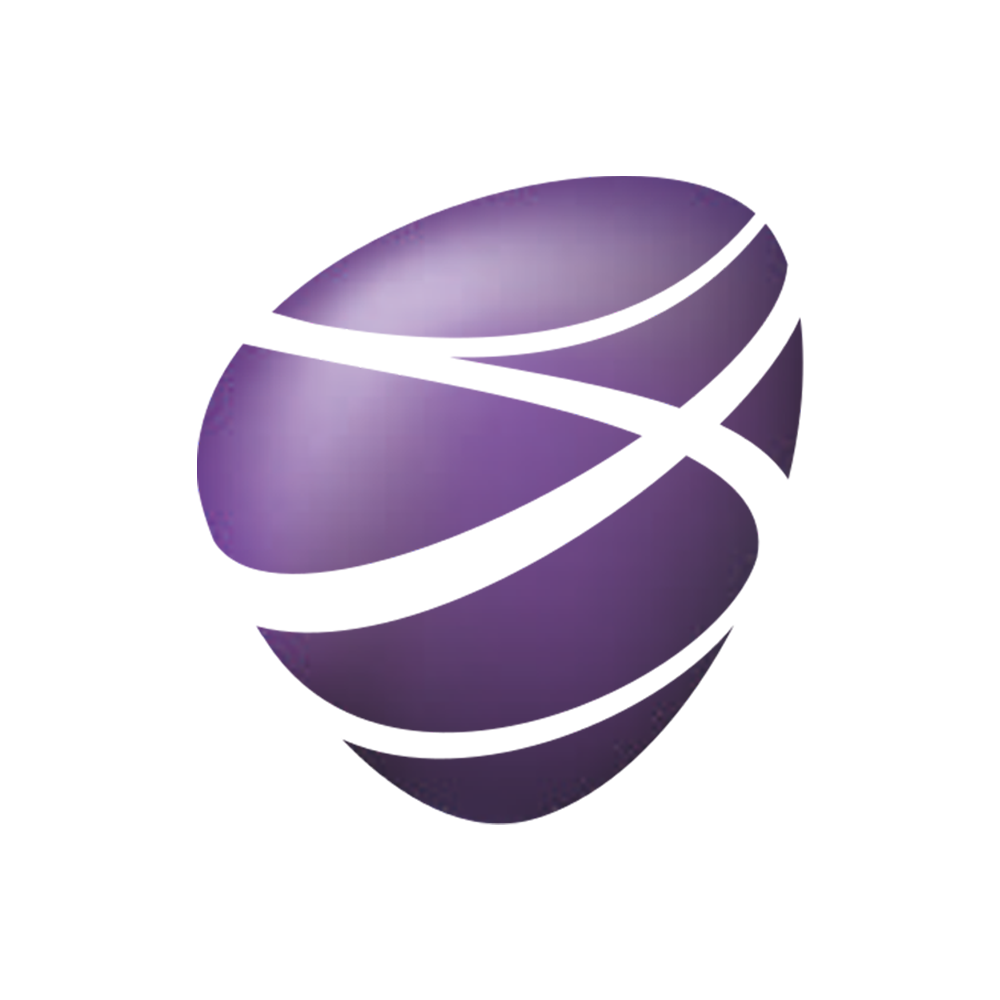AI Communication
Solutions for
Customer
Experience
Revenue
Growth
Business
Efficiency


































































































































Why our clients choose us

Flexible GMS Campaign Platform
Attentive to requests, GMS works quickly, very well and are very accommodating. It’s a pleasure to work with them!
Laura Merz
Marketing and Communications Lead, MV Santé

Protecting revenues and enhancing service quality
GMS SMS Firewall safeguards Banglalink’s messaging infrastructure against fraudulent activities, protecting revenues and enhancing service quality.
K M Zakaria
Procurement & Supply Chain Director, Banglalink

Secure and efficient call management system
GMS solution has expanded our ability to identify and block flash calls, making a significant contribution to the creation of a secure and efficient call management system.
B.S Irdzhanov
Ucell
A leading creator of value in the communications world
Greenlight your tomorrow with AI-driven communications solutions from GMS.
GMS is at the forefront of global communications solutions, empowering enterprises and Mobile Operators to bring true value into every conversation.

GMS Winning Method
Recognising that the one-size-fits-all approach fits no one, GMS focuses on providing solutions that truly make a difference to your business.
Identifying your precise business and market needs
Designing your custom use cases and mapping to our award-winning solutions
Co-creating strategies for market success
















Embrace AI innovation to drive unparalleled results and ensure
future success.
Explore GMS programs
Gain access to new communication competencies and proven industry expertise.
Enterprises
Operators
Partners
GMS Programs for Enterprises
Discover our unique approach to delivering results for your business.
Programs
Programs
GMS Programs for Mobile Operators
Discover a comprehensive range of innovative solutions tailored to protect your network while boosting your revenues.
Programs
GMS Programs for Partners
Win more enterprise deals and grow your network with reliable CPaaS and AI white-label solutions by GMS.
Programs
Not sure which program is right for you?
We'd love to hear about your challenges and business objectives.
Step into the future
of communications
CPaaS
Start meaningful dialogues on your customers' preferred channels using GMS Campaign Platform or API integration.
AI
Achieve unthinkable efficiencies and significant cost savings with AI solutions tailored to your brand style and business needs.
Network Protection
Ensure network protection, safeguard revenues and deliver seamless traffic across the globe with GMS solutions tailored for Mobile Operators.
Embrace AI innovation to drive unparalleled results and ensure future success.
GMS in numbers
Committed to providing innovation and expertise to Enterprises and Mobile Operators.
96%
of GMS customers are highly
satisfied with the service

8bn
messages exchanged
700+
enterprise customers
250
MNOs directly connected
19
years of industry
leadership
Expertise for the future


Greenlight Tomorrow!
Get in touch and learn more about our AI-driven communications solutions.